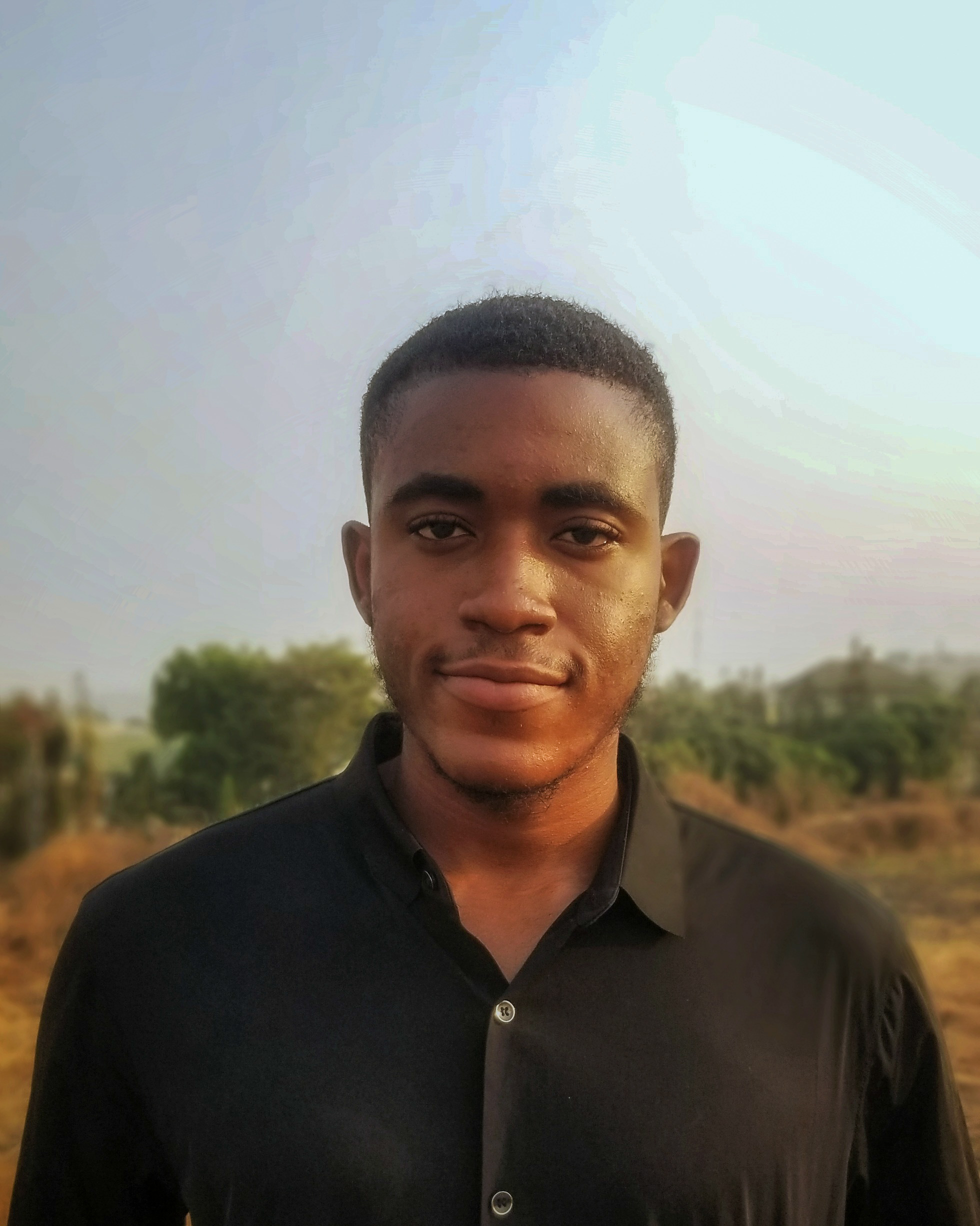
I read a really good book—sci-fi that tickles the brain—and, in the manner of skillfully written books, it stirred me into thinking about things completely unrelated to the book’s subject matter. It made me think about what a writer is, how they are formed, and about my journey so far in being and becoming one. A complete writer is formed by many things. But I think I’ve deduced a few.
One. Knowledge of the world. Because we build stories from history, and we are creators only by observation of what is and inspiration of what can or needs to, be.
Two. Knowledge of the self. Because the world is inhabited by people, and the brightest world is hollow if the people are hollow. And the one person we have any reliable contact with, from whom to draw any constant multidimensionality or experience, is us. Every character a writer will ever write will bear a small or large sliver of them. Even if we base them completely on another person, their character is still formed by our perception of that person, colored by our point of view, which, unlike the omniscient narrator, is not and will never be all-encompassing.
Three. Knowledge of others or, should I say, Understanding of others. And this is what, I think, separates good from great at scale. Or, at the very least, a writer of the experiences of others from a personal essayist. Because permutations of the self are limited, if most of what we have for the creation of characters is knowledge of ourselves rather than an awareness of others, then sooner rather than later, those characters will only be increasingly thin-shelled echoes of ourselves.
The fourth thing is knowledge of intersection. This is still unclear to me, more instinctual. But I’ll try to share what I can. Knowledge does not exist standalone. Even the words in a textbook bear the mark of an author’s understanding, the depths and limits of it. Knowledge cannot exist standalone. For our cavemen ancestors, the knowledge that a lion is deadly comes with the lived terror of seeing a man torn to shreds and consumed, but the same knowledge carries only academic and fascinated detachment for us casual watchers of National Geographic. We can view that knowledge with the awe that comes from sensing terrible majesty, but for a person in the plains running from a real hungry lion, that awe can be nothing but horrific. And even this is an assumption, because this knowledge is filtered through my own perception. I am neither the man running from the beast, nor am I you, who might have seen one in the zoo on your last outing or on the telly because being outside is overrated.
This fourth thing that makes a great writer—intersection—is very important. The world impacts how people form, and people impact how the world progresses. People impact each other. A simple storytelling decision like having a rickety bus shamble across a bridge, the conductor screaming at pedestrians, and his screaming not being out of place among the din of the setting. This decision necessitates the existence of a whole society and economic system. A whole culture that the story must then agree with.
But, a lot of times, it’s not so deep. We’re often not thinking of all of that when we tell any story. Why? Because we have perhaps the grandest story playing out around us. Our own existence. Our own world. Our own people. And we steal bits and pieces of that and mould it in our own image, and it is a story. However, as we grow and learn more about the craft of storytelling, we become more intentional in our use of these elements. We gain more knowledge and understanding, which helps us to develop our skills. However, this process of great storytelling can be challenging, and we often have to work hard to make it instinctive.
I think that’s a great part of gaining skill. Going from ignorant instinct to knowledgeable instinct. Informed instinct. I’m sure there’s a step-by-step guide somewhere, but you and I are storytellers, and the best stories are told by weaving in all perspectives. Anyway, I read a good book, and it stirred me to think, and I thought I’d share it with you.
Support Young Creators Like This One!
VoiceBox is a platform built to help young creators thrive. We believe that sharing thoughtful, high-quality content deserves pay even if your audience isn’t 100,000 strong.
But here's the thing: while you enjoy free content, our young contributors from all over the world are fairly compensated for their work. To keep this up, we need your help.
Will you join our community of supporters?
Your donation, no matter the size, makes a real difference. It allows us to:
- Compensate young creators for their work
- Maintain a safe, ad-free environment
- Continue providing high-quality, free content, including research reports and insights into youth issues
- Highlight youth voices and unique perspectives from cultures around the world
Your generosity fuels our mission! By supporting VoiceBox, you are directly supporting young people and showing that you value what they have to say.





